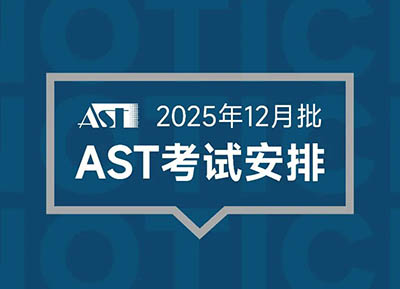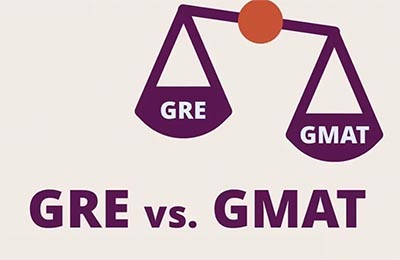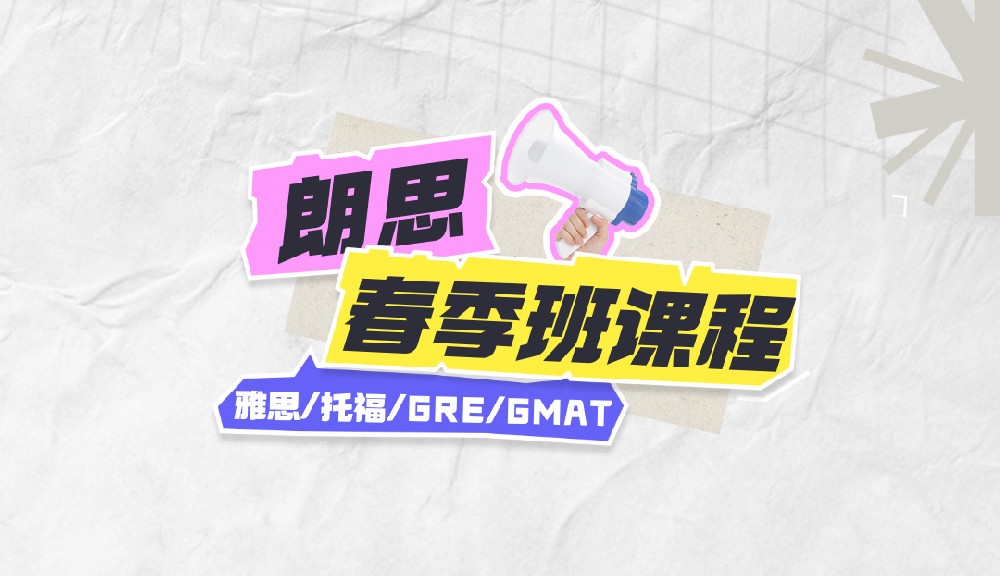雅思寫作范文:購物欲與浪費
時間:2020-11-17
來源:網絡
作者:無
在前面我們朗思教育陳老師給同學們整理了很多雅思寫作范圍,希望對同學們的備考提供一些幫助,本期我們陳老師給大家帶來雅思寫作高分范文:購物欲與浪費,這個也是在雅思考試當中經常出現的話題。
第一題
【20180623大陸】【20190202大陸】More and more people want to buy famous brands with clothes, cars and other items. What are the reasons behind this? Do you think it is a positive or negative development?
這道題我沒有采用尋常的一個問題一個主體段的架構,而是把購買動機分成“追求面子的消費”和“追求質量的消費”兩種,分別討論其原因和影響,最終得出這個趨勢是中性趨勢的結論。
Nowadays, there is a growing popularity for brand-name products. Some of such purchases are conspicuous consumption, while others are just in pursuit of good quality. Therefore, I regard this as a neutral development, depending on their motivation.
Some top name items purchasers identify themselves with the products they consume, equating possessions with success. For them, well-known or even luxury brands cannot only bring them gratification, but more importantly, social identity. To own a Porsche marque equals to enter the upper class, although such purchases may be way beyond their affordability, and hence forcing them to tighten their belt. In my opinion, such behavior is irrational and superficial, since material possessions can only bring short-term happiness, and does not guarantee an entrance into another class.
However, other users of brand-name products appear more levelheaded, since the thing they seek in such commodities is quality. For example, people often choose cars of famous brands, since they provide a greater sense of safety, freeing people from worries about car injuries, especially for those who often drive on the expressway. More to the point, high-quality goods can endure for years, making the cost per use lower, and surprisingly, even decreasing carbon footprint. To illustrate, clothes of famous brands often have greater endurance, which can serve for a longer period compared with fast fashion items with a reduced quality. Therefore, I regard such purchase choices smart, environmental-friendly, and economic.
In conclusion, the impacts of the pursuit of famous brands depend on its motivation. Done rationally, it brings benefits to both individuals and society. Otherwise, extravagant shopping will impose an economic burden too heavy for an individual to bear.
(273 words)
第二題
【20191214亞太】【20180908大陸】In many countries today people are living in a ‘throw-away society’, where things are used in a short time and then thrown away. What are its causes? What are its problems?
這篇文章中“因”和“果”我各寫了兩方面。由于因果并非一一對應,所以采取的段落排布是一段寫兩個因,另一段寫兩個果,并且在開頭、結尾段分別進行總結。
Nowadays there is a growing global consumerism culture, in which people tend to discard commodities only after a few uses. Both the media influence and business strategies have led to this phenomenon, which will impose heavy burdens on personal budgets and the environment.
The media are promoting a consumer culture by equating material possessions with success. Under such influence, people tend to regard commodities as their source of gratification, which leads to unfettered consumption. They are educated to believe that the more they buy, the happier they will become, and the more benefits they will bring to the economy and society. The manufacturers are further fueling this trend by planned obsolescence, making goods less endurable or go out of trend faster. The latter is especially true in the fast fashion industry, with perceived durability much shorter than physical durability due to frequent launches of seasonal products.
The continual buying, consuming, and throwing away of material possession affect the shoppers’ economic status as well as the environment. Those who splurge out on loads of new clothes, cosmetic, and daily necessities even before the old ones are worn out, often turn out to be unable to make ends meet. Everything they purchase has consumed a large sum of resources to produce, energy to transport, and packaging to present. When discarded after a short period of usage, the commodities will pose risk to the environment again, since many of them are non-biodegradable, or will cause soil and water pollution if not processed properly.
In conclusion, the throw-away trend caused by companies’ manufacturing and marketing strategies will lead to personal expenditures uncovered, resource depletion, and environmental degradation.
(273 words)
第三題
【20190117大陸】In some countries, people waste a lot of food which is bought in shops and restaurants. What do you think are the reasons? What can be done to solve this problem?
這篇文章我找了兩個截然不同的浪費食物的原因:一是“面子工程”,二是健康意識(只吃到七分飽,不吃剩菜)。第二個主體段分別針對原因給了解決方案,這兩個解決方案可以分別解決shops和restaurants的浪費現象。
Food waste has become a common phenomenon in some countries, which is due to either conspicuous hospitality or raised health awareness, which can be effectively solved by promoting informed shopping and ordering decisions.
In many cultures, hosts tend to order more dishes than their guests can consume to show their hospitality or economic strength. Such conspicuous behaviours are due to the common belief that the more food left, the more hospitable the inviters appear to be. Therefore, a certain degree of waste is a key factor for a cordial treat. Another contributing factor to scraps is that people have better concern for health. Instead of overeating until feeling stuffed, people tend to leave off with an appetite. And they no longer eat leftovers, not to mention decaying food. Therefore, leftovers or expired food are often discarded.
To tackle such problems, changing public perception is the most effective method. Public service advertisements need to be devised to promote a modest treating and dining style. Governments can incentivise restaurants to provide dinner-for-one menus or serve only half portions. Restaurants can in turn charge fees for leftovers, or advise the customers to order less in advance. The same strategies apply to supermarkets and groceries as well, who need to order adequate food, keeping the shelf life in mind. By doing so, the chances of customers buying products reaching sell-by dates are reduced, which will be less likely to be tossed.
To conclude, food waste originated from social and health considerations can be reduced with proper propaganda.
(253 words)
大家知道雅思作文里有四項評分標準,其中最容易被大家忽視的就是Lexical resources。
詞匯上拿不到高分的情況分為兩種。
一類是多樣性不足。導致這一種的情況主要是疏于拓展詞匯,有些同學認為雅思作文的用詞只需要自然、準確即可,這其實是走向了“極簡主義”的極端。自然、準確固然重要,但如果不停地重復用詞,尤其是不停地重復題目里的詞匯,詞匯的分數是肯定不會高的。
另一類是準確性不足。這類學生背了很多單詞,一到考場就一股腦地堆積上去。卻忽視了詞匯是否適用于語境、搭配是否正確、詞性是否使用恰當等具體運用上的細節。對于第二種情況,詞匯得分最多6分,也不會更高了。
要想準確的運用詞匯,需要去了解每個單詞的拼寫、詞義、語域、內涵意義、語法形態和搭配,工作量其實是很大的。不僅是處在備考期的同學,包括我們整個英語教學,都一直是重語法而輕詞匯,這一偏差這幾年才慢慢糾正過來。
針對詞匯和語法表達,朗思教育開設了雅思寫作專題訓練課,幫助同學們快速提高雅思寫作水平、考取高分!想要咨詢課程上課時間及費用信息,可以直接撥打電話咨詢(0571-28183693),也可以直接在線給我們老師留言,老師會及時解答您的疑問。
































